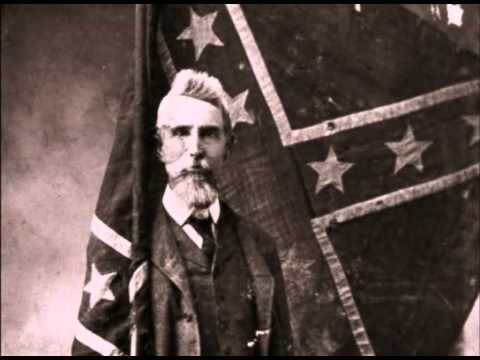Okay, here’s something that has nothing to do with the U.S. Second War of Secession.
I’m currently reading the third book of Karl Gallagher “Fall of the Censor” series, of which four volumes have been published so far. The series starts with Storm Between the Stars, and you can find the sequels from that page. Kindle editions of all are available for free to Kindle Unlimited subscribers.
The story is set in a future in which the diaspora from Earth has been taken over by the Censorate, among whose acts was bombarding Earth to extinction by asteroids to end its resistance to their power. There are no aliens in this universe, only human descendants of emigrants from Earth.
The Censorate practices an extreme form of “security through obscurity”. It tells its subjects that it rules the entire galaxy and has for millions of years. It records no history, keeps no documents, punishes anyone who researches history or the extent of the Censorate with summary death sentences, considers the mapping of navigable routes between the stars top secret, and destroys all of the work of writers, artists, musicians, and film makers immediately after their death. All books and other records which predate the Censorate have been destroyed. This allows a small cadre of Censorial officials, like the British Raj in India, to rule an unknown number of planets with large populations who live in ignorance of how the Censorate came to be and are isolated from one another and unable to organise resistance. The Censorate is widely hated, but the destruction of history induces passivity in a population who is told the Censorate is eternal and universal, and simply a fact of existence like gravity.
A shift in the fabric of hyperspace caused the star system of planet Fiera to be isolated from interstellar travel for a thousand years and never discovered or conquered by the Censorate. It developed along its own lines, never losing touch with its history, Earthly origins, or the cultural heritage of its ancestors. Another shift in hyperspace allows travel out into the larger galaxy, and a Fieran exploration ship makes contact with a planet of the Censorate and begins to learn the peculiarities of its society which has lost all connection with its past, its origins, and its heritage.
Over the series, this develops into a conflict between the Censorate, whose extent is unknown, and a sole planet whose only advantage is a knowledge of history. The Censorate discovers that while their policies make for stability, a docile population of tax cows filling their coffers, and few disruptions due to innovations, it also puts them at a distinct disadvantage because when situations arise, whether in battle, law, or politics, the Fierans can draw on millennia of human experience and knowledge gained from trial and error, while in the Censorate, wisdom acquired over a human life tends to die with the individual who gained it.
In the Censorate, as in China, there are secret societies who risk their lives preserving the few rare books and pieces of information that connect people to their past. When contact is made with the Fierans, they form the backbone of resistance to the Censorate.
It’s an interesting tale, with a mix of space opera and clash of cultures, and a look at where the erasure of history may lead and what motivates those seeking to accomplish it.
